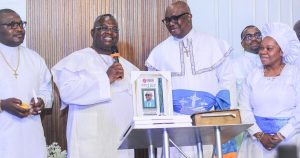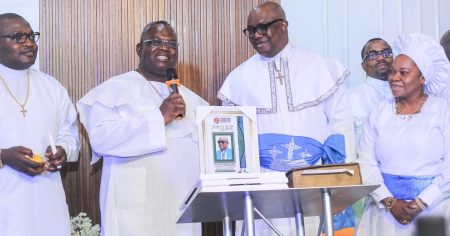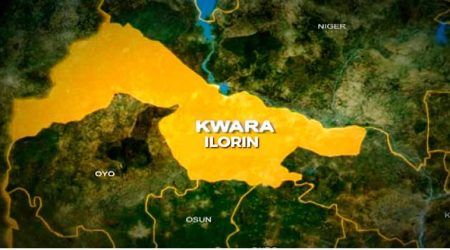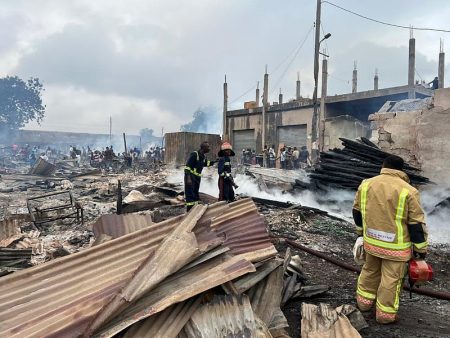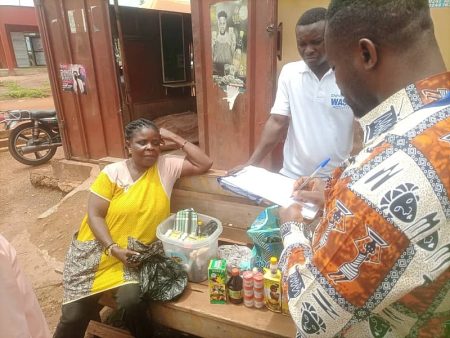Paragraph 1: Setting the Stage for 2025: PDP Initiates Zoning Committee Inauguration
The People’s Democratic Party (PDP), a prominent force in Nigerian politics, has embarked on preparations for its 2025 Elective National Convention, a crucial event that will determine the party’s leadership and direction in the coming years. A pivotal step in this process is the inauguration of the National Convention Zoning Committee (NCZC), scheduled for Thursday, August 14, 2025, at the NEC Hall, Wadata Plaza, Abuja. This committee will play a critical role in shaping the party’s future by determining the allocation of key leadership positions among various geopolitical zones within Nigeria. This process of zoning is a complex and often contentious aspect of Nigerian politics, aimed at ensuring equitable representation and balancing power dynamics across the diverse regions of the country.
Paragraph 2: Strategic Importance of Zoning in Nigerian Politics
Zoning in Nigerian politics is a mechanism designed to address the country’s complex ethnic and regional diversity. It seeks to prevent the dominance of any single region or ethnic group in the political landscape, fostering a sense of inclusivity and preventing marginalization. By strategically allocating leadership positions among different zones, the system aims to promote national unity and cohesion. However, zoning can also be a source of internal party conflict, as various regions and interest groups vie for influence and control. The PDP’s NCZC will have the challenging task of navigating these intricate political dynamics and arriving at a zoning formula that is both equitable and acceptable to the various stakeholders within the party.
Paragraph 3: The Inauguration Event: A Gathering of Key Stakeholders
The inauguration of the NCZC is expected to be a significant event, bringing together influential figures within the PDP. The party has extended invitations to all its governors, members of the Board of Trustees (BOT), the National Working Committee (NWC), the National Executive Council (NEC), serving and former members of the National Assembly (NASS), and other key stakeholders. This diverse gathering underscores the importance of the zoning process and the wide-ranging impact it will have on the party’s internal dynamics and its overall electoral prospects. The presence of such high-profile figures reflects the weight of the decisions that will be made by the NCZC.
Paragraph 4: The Road Ahead: Challenges and Opportunities for the PDP
The formation and inauguration of the NCZC mark the beginning of a crucial phase for the PDP. The committee’s decisions will have far-reaching implications, influencing the party’s ability to present a united front in the 2025 elections. Successfully navigating the complexities of zoning will be crucial for the PDP to build consensus and avoid internal divisions. The party faces the challenge of balancing the aspirations of various regions and interest groups while maintaining internal cohesion and presenting a strong and unified image to the electorate. The outcome of the zoning process will significantly shape the PDP’s trajectory in the upcoming elections.
Paragraph 5: Zoning as a Microcosm of Nigerian Politics
The zoning process within the PDP offers a glimpse into the broader dynamics of Nigerian politics. The country’s diverse ethnic and regional landscape presents unique challenges to political parties, requiring careful balancing acts to ensure inclusivity and prevent the marginalization of any particular group. The decisions of the NCZC will not only impact the internal workings of the PDP but also have broader implications for the Nigerian political landscape. The committee’s deliberations will be closely watched by other political parties and observers as a barometer of the broader political climate in the country.
Paragraph 6: Looking towards the Future: The Impact of Zoning on the 2025 Elections
The outcome of the PDP’s zoning deliberations will undoubtedly have a significant impact on the 2025 elections. The chosen zoning formula will influence the selection of candidates for various positions, shaping the party’s overall electoral strategy. A successful zoning process that satisfies the various stakeholders within the PDP could strengthen the party’s unity and enhance its electoral prospects. Conversely, a flawed or contentious zoning formula could lead to internal divisions and weaken the party’s ability to compete effectively in the elections. The zoning decisions will therefore be a critical factor in determining the PDP’s fate in the upcoming political contest.


